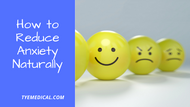How to Reduce Anxiety Naturally (7 Tips)
Written by TYE Medical on Oct 8th 2021
If you’ve noticed an uptick in your anxiety levels recently, you might have wondered how to reduce anxiety naturally. The chaos of life and world events can overwhelm anyone from time to time. But if symptoms persist, it can be helpful to evaluate your lifestyle and consider some natural approaches to anxiety reduction.
Keep in mind that anxiety isn’t all bad. It motivates you to act in times of stress or danger. It helps you stay on top of deadlines and fulfill responsibilities. But if it continues unchecked, it begins to invade your life, impeding daily tasks and triggering various emotional and physical symptoms.
Here are seven natural ways to ease anxiety and reclaim a healthier version of yourself.
1. Exercise Regularly
You’re probably not surprised to see this remedy at the top of the list. Exercise is a natural stress reliever, and stress is anxiety’s close cousin. When your negative thoughts and emotions begin to seize control, you can find release through physical activity.
Working out clears your mind, shifts your focus, and boosts your mood (thanks to endorphins). Anxiety relief through exercise can last for hours after completing a workout. Some people find as much anxiety help in exercise as they do in medication.
Here are some TYE Medical resources for exercise:
2. Nix Caffeine
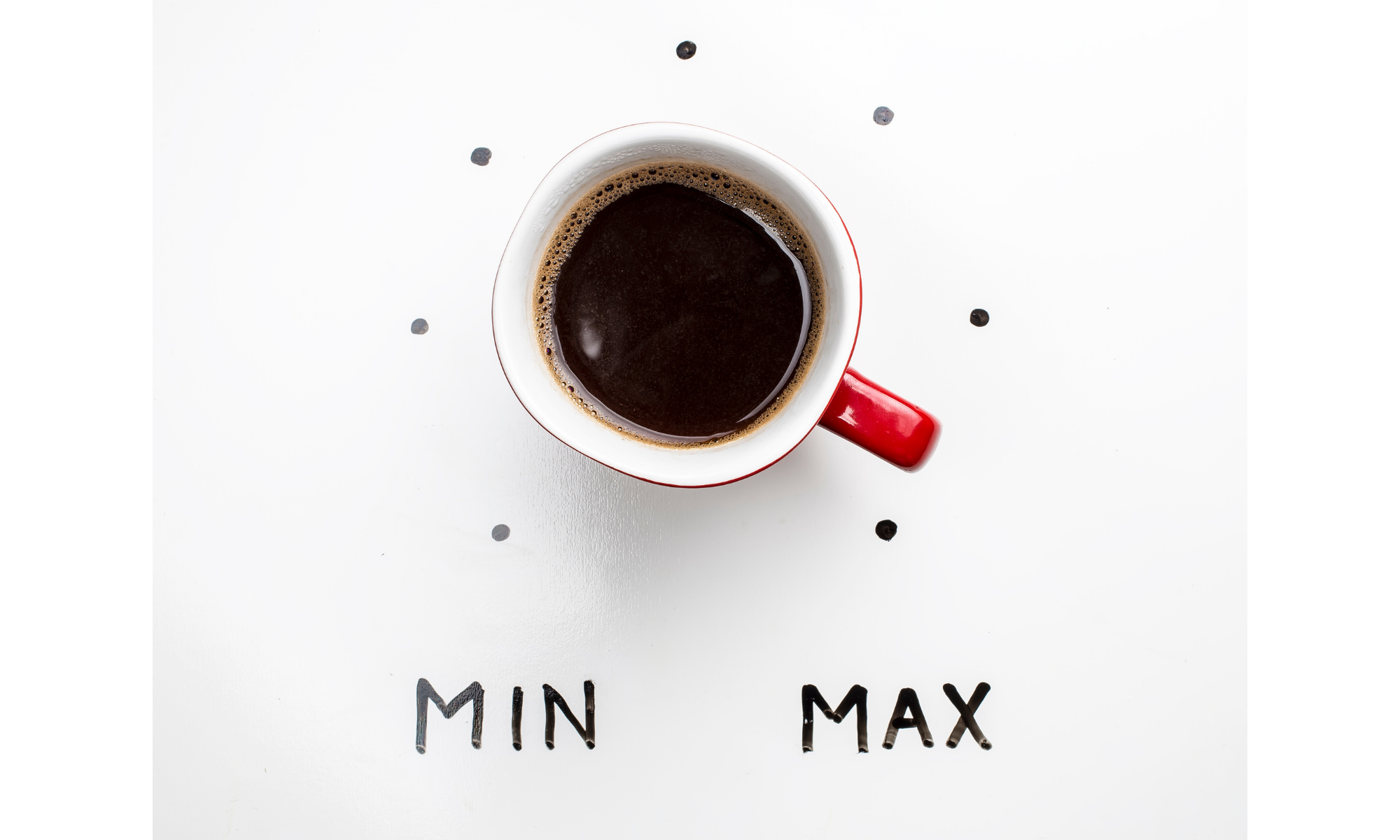
If you’re a caffeinated coffee drinker, then you’re probably cringing right now. But switching to decaf is worth it if your anxiety improves. According to research , caffeine can cause or worsen anxiety symptoms, increasing jitters and nervousness. If you have a panic disorder, caffeine can even trigger panic attacks. Forgoing your daily cup of joe (or two…or three) could noticeably improve your symptoms and reduce anxiety naturally.
3. Avoid Alcohol
You might find temporary relief when you kick back and have a couple of drinks, but you’re also likely to pay for it later. While alcohol may seem to calm your nerves at first, once you come down from the buzz, your anxiety symptoms often return stronger than before. This can lead to a cycle of self-medication with alcohol that leads to dependence.
4. Stop Smoking
If you’re feeling rattled and on edge, you might reach for a cigarette to ease your anxiousness. The younger you are when you start smoking, the more likely you are to develop an anxiety disorder later. The chemicals and nicotine in cigarette smoke also affect neural pathways in the brain linked to anxiety.
5. Meditation and Prayer
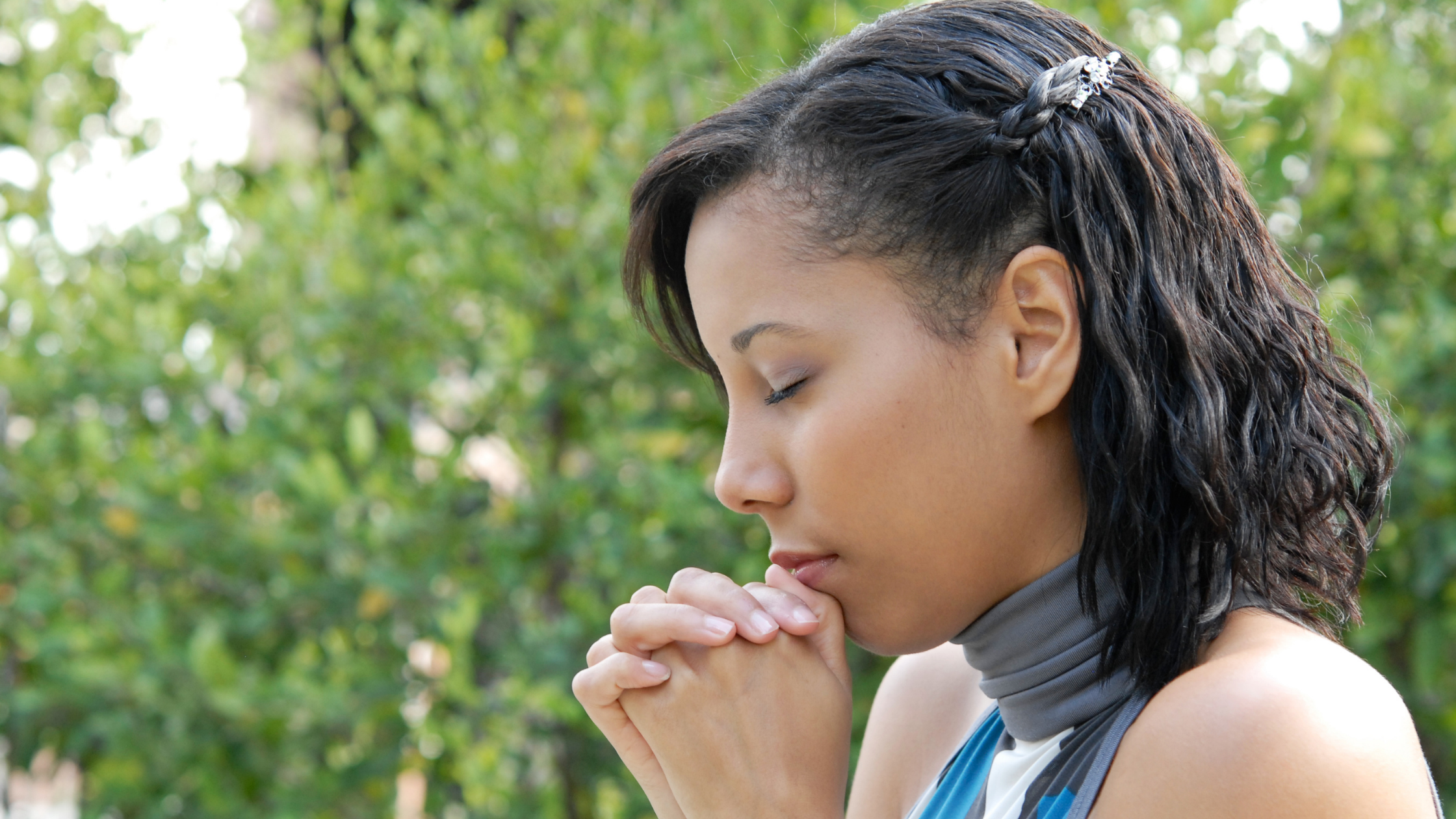
These two common practices share a similar goal: to calm chaotic thoughts to bring clarity and focus to your mind. This has been shown to relieve stress and can leave you with a sense of peace and calm. While meditation encourages mindfulness by focusing on the present moment, prayer turns your attention toward a prayer-hearing God.
Baylor University researchers found that people are less likely to experience anxiety-related disorders if they pray to a loving, protective God who hears their worries and fears. Similarly, an Oregon State University study found that spirituality, as expressed through prayer and meditation, helped regulate emotions . Prayer and meditation can be highly effective if you want to reduce anxiety naturally.
6. Prioritize Sleep
If you have anxiety symptoms, you may also experience bouts of insomnia or even chronic sleeplessness. But sleep is a mighty ally if you want to reduce anxiety naturally. Not only can a lack of sleep throw you into an anxious or depressive state, but it can also make dealing with anxiety more difficult. Without healthy sleep, your mind and body can’t renew, recharge, and refresh critical processes that affect your mood and keep you calm.
A few sleep tips to consider:
- Commit to 8 hours of sleep
- Keep a set sleep schedule daily (yes, even on weekends)
- Set a bedtime alarm (no excuses!)
- Avoid screens (or darken them) at least an hour before bed
For more information and tips for getting quality sleep, refer to our article, Feel Like the Walking Dead? Get Better Sleep with These 7 Tips .
7. Try Deep Breathing
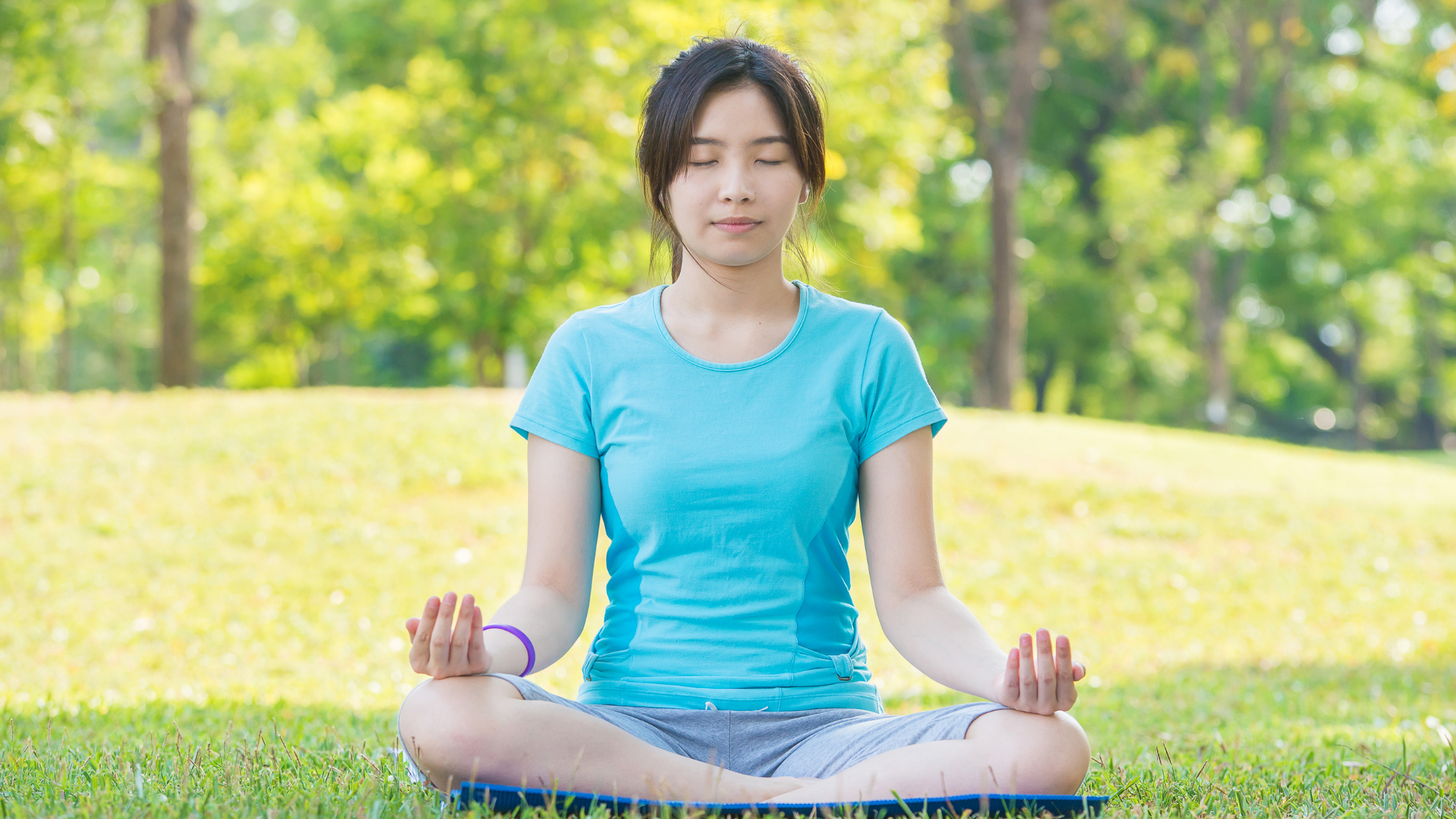
When you’re anxious, you unknowingly take shallow, fast breaths. It’s a normal part of the body’s stress response, like tense muscles. Sometimes it triggers an escalated heart rate, lightheadedness, dizziness, or a panic attack. When you practice deep breathing , you take slow, intentional deep breaths to fill your lungs and slowly exhale. This type of whole-body relaxation helps reduce anxiety naturally, dramatically improving your stress response and related symptoms.
Anxiety Can Trigger Overactive Bladder and Bladder Leaks
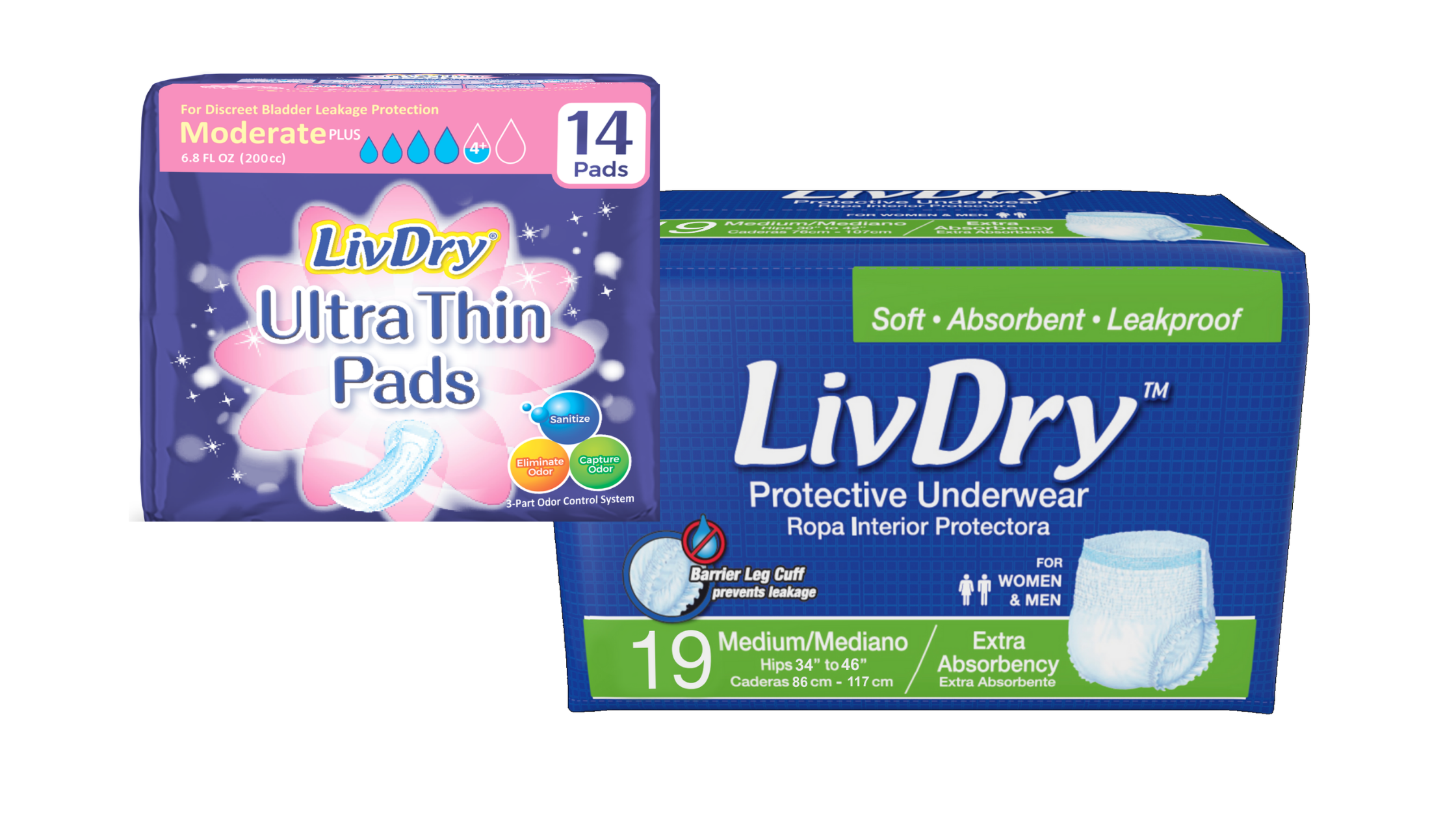
While it’s important to understand how to reduce anxiety naturally, it’s not possible for everyone. You may notice improvement but still require medical help or therapy to attack the problem from the roots. Let your doctor know that you’re struggling and share your symptoms. Typically, the best long-term solution is a combination of professional therapy and anti-anxiety medications.
As you take a natural approach to relieving stress and anxiety, you may improve troubling bladder symptoms like frequent urination and incontinence. For more information about the link between anxiety and overactive bladder (OAB), see our article, Understanding the Link Between Anxiety and Overactive Bladder .
Try TYE Medical’s premium incontinence products for light leaks and moderate-to-heavy protection .

